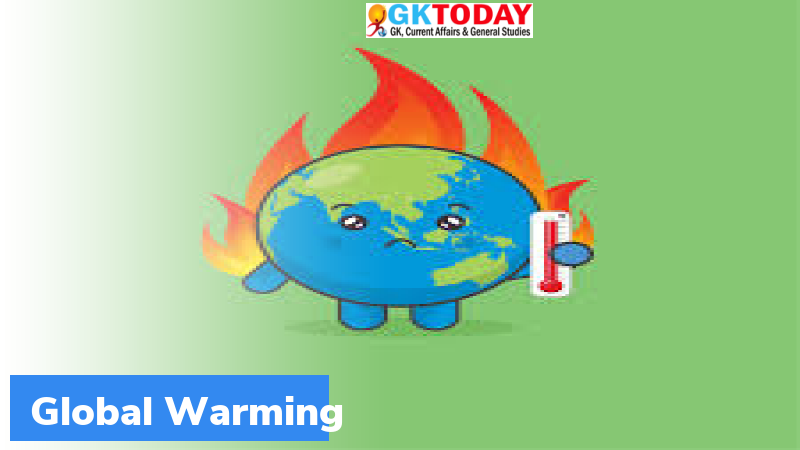Arsht–Rockefeller Foundation Resilience Center’s “Scorching Divide” Report
The “Scorching divide: How extreme heat inflames gender inequalities in health and income” report was released recently by the Arsht–Rockefeller Foundation Resilience Center (Arsht-Rock). It sheds light on the potential threats posed by extreme temperatures in various countries.
A Dire Warning: Lives at Stake
The “Scorching Divide” report delivers a stark warning, projecting that if left unchecked, extreme temperatures in India, Nigeria, and the United States could claim nearly 204,000 women’s lives annually by 2050. This chilling statistic emphasizes the urgent need for comprehensive climate action to protect vulnerable communities.
Key Aspects of Women’s Lives Impacted
According to the report, extreme heat significantly affects three fundamental aspects of women’s lives: unpaid domestic labor, paid employment, and health. The disproportionate burden on women becomes amplified during periods of extreme heat, affecting their overall well-being.
The Toll on Working Hours
In India, women face a substantial loss of working hours due to extreme heat conditions. On average, women lose 41 minutes per day, which increases to 47 minutes during years with exceptionally high temperatures. This loss in productivity can have far-reaching consequences on their economic stability.
Economic Losses to Women’s Paid Labor Productivity
The report estimates that extreme temperatures result in staggering annual economic losses of $120 billion to women’s paid labor productivity. This alarming figure underscores the need to address climate change as an urgent economic and social imperative.
Unpaid Labor’s Weighty Impact
Across the three countries, up to 75 per cent of women’s productivity losses are attributed to unpaid labor. Women bear the brunt of domestic responsibilities, and extreme heat exacerbates the already existing disparities in unpaid labor.
Projected Increase in Daily Heat Loss
The report projects a worrisome trend, suggesting that the average daily hours lost to heat could increase by 30 per cent by 2050. This projection signals the severity of the problem and necessitates immediate climate adaptation measures.
Unpacking “Time Poverty”
The “Scorching Divide” report introduces the concept of “time poverty,” which refers to the chronic feeling of having too many responsibilities and insufficient time to fulfill them. Extreme heat intensifies this burden for women, creating additional stress and pressures.
Projected Increase in Paid Work Losses
By 2050, women’s paid work losses are projected to increase significantly, ranging from 18 to 44 per cent. This projection raises concerns about gender equity in the workforce and underscores the importance of gender-inclusive climate policies.
Impact on Nigerian Sectors
In Nigeria, extreme heat adversely affects the agriculture and manufacturing sectors, directly impacting at least 22 million women. These findings highlight the need to support and empower women in climate-vulnerable sectors.
Month: Current Affairs - July, 2023
Category: Reports & Indexes Current Affairs


